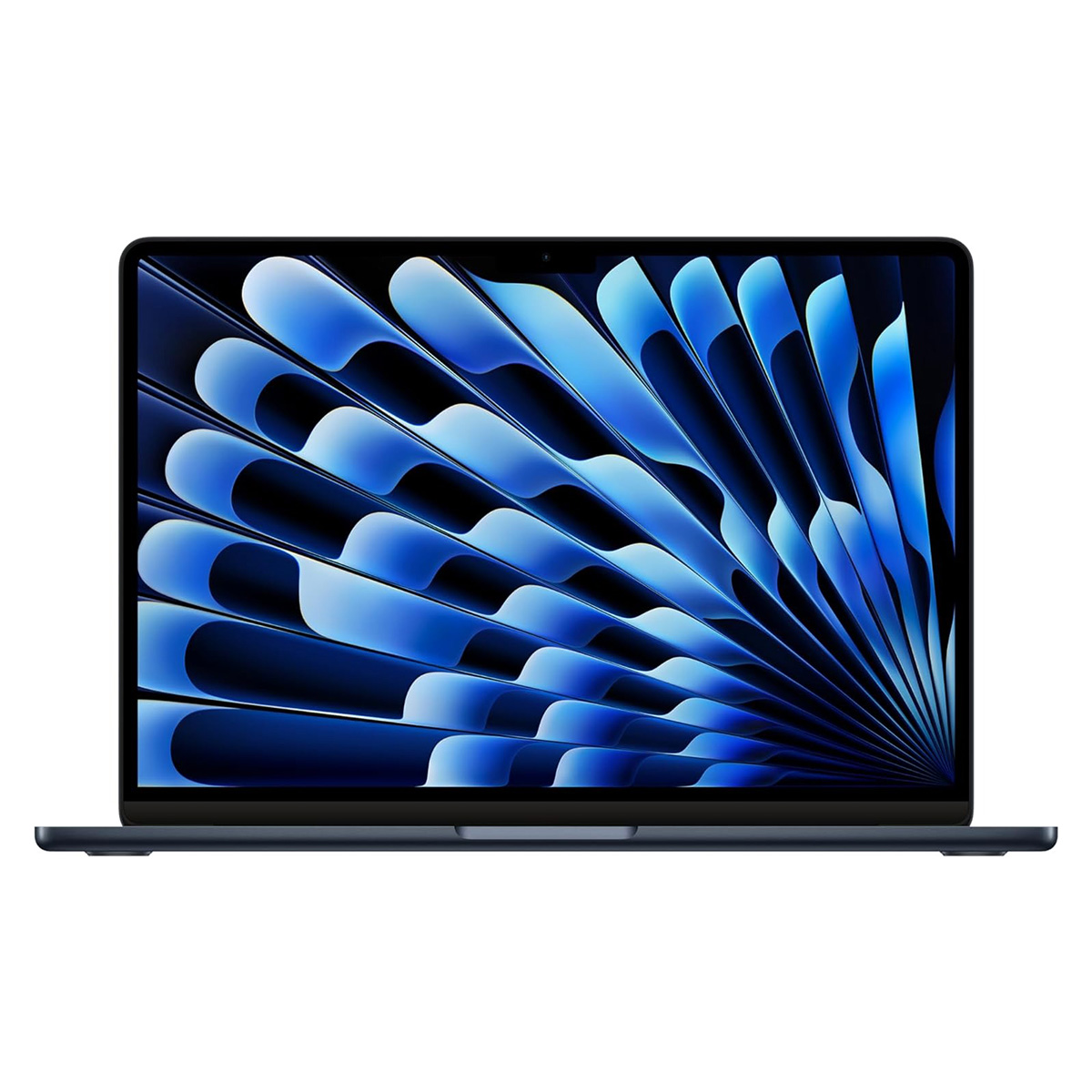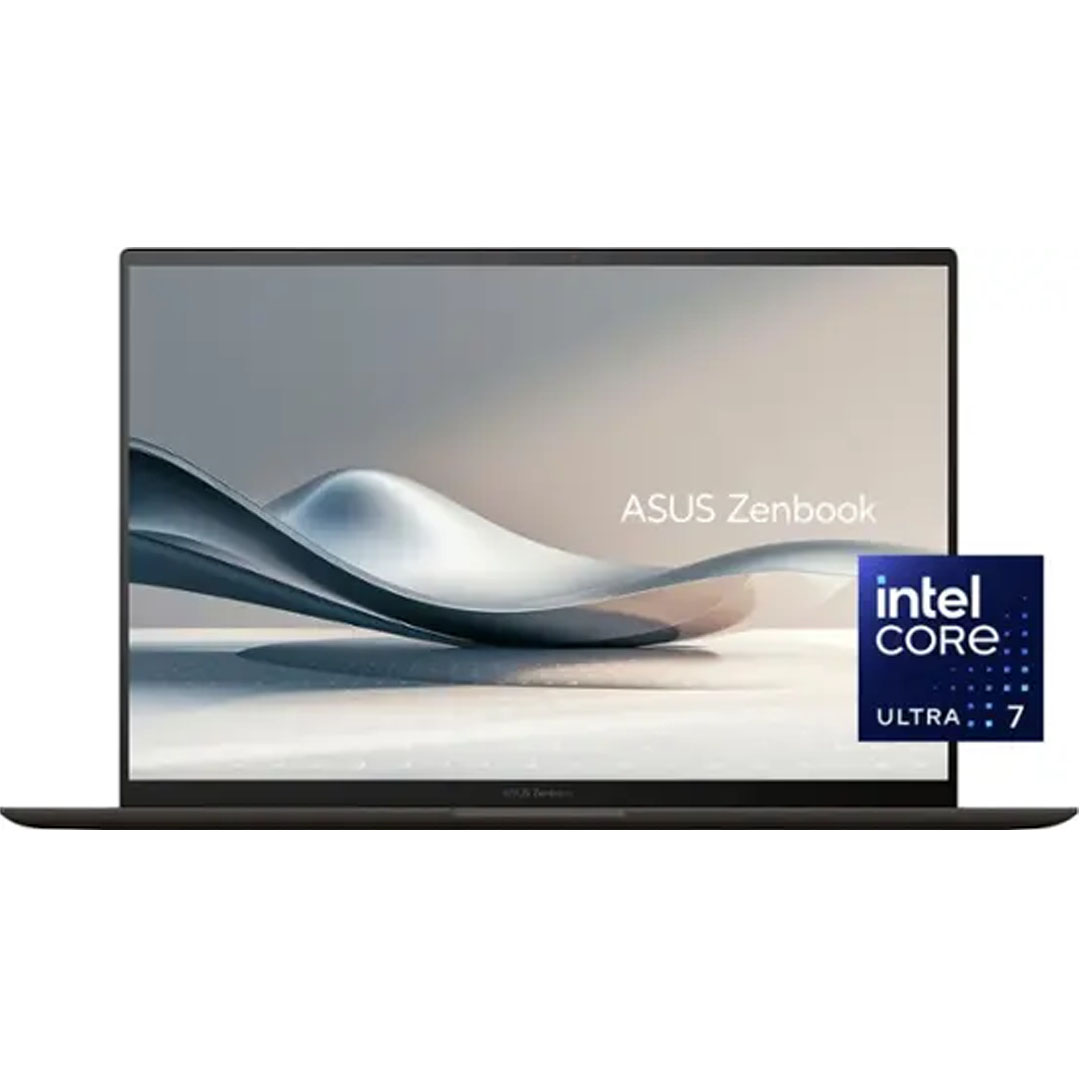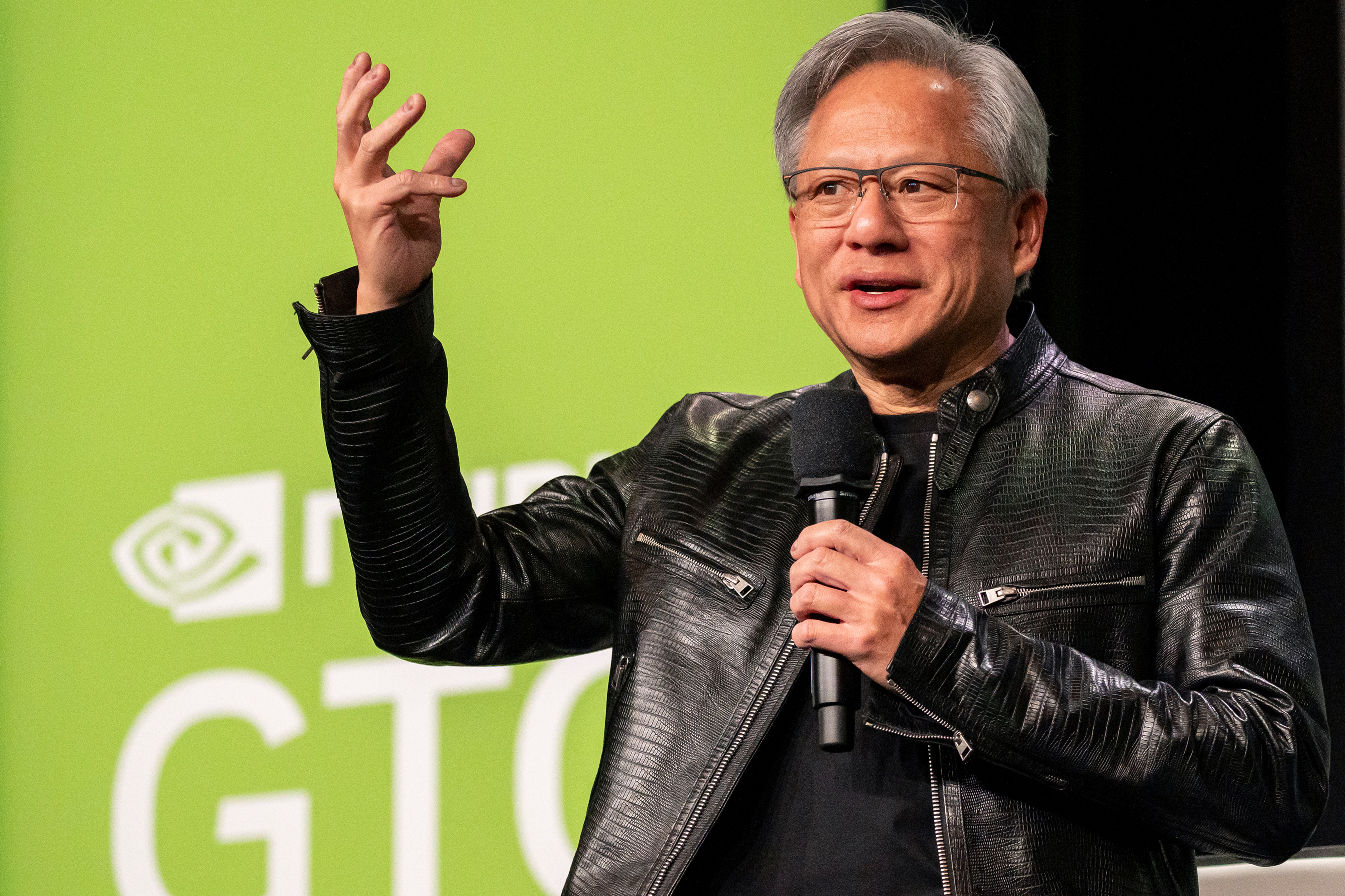Intel aimed for the Moon with its Lunar Lake chips this year, but was it enough to best Qualcomm and AMD?


On June 4, 2024, Pat Gelsinger, then CEO of Intel, came out swinging when he arrived at the highlight of his keynote presentation at Computex in Taipei, Taiwan: AI PCs.
Gelsinger compared his announcement that day to the launch of Wi-Fi 25 years earlier and confidently predicted, "We expect that by 2028, 80% of all PCs will be AI PCs. And Intel is leading the way."
Just moments later, Gelsinger had a literal curtain drop to unveil a dozen upcoming AI PCs. Several of them were running the latest chip from Intel, the star of the show that day: Lunar Lake.
Intel's Lunar Lake chips were the latest additions to its Core Ultra line-up and its most advanced consumer AI chips yet. In his Computex presentation, Gelsinger promised these chips would deliver up to 50% better graphics performance and up to four times stronger NPU AI computing power. In a September 2024 presentation at IFA Berlin, Intel claimed Lunar Lake would have up to 50% lower power consumption.
That set a high bar for Lunar Lake laptops, especially after the success of AMD's Ryzen AI 300 series chips and the launch of Copilot+ PCs with Qualcomm chips this year. However, Intel was up to the challenge and delivered in one crucial area. While there were some key flaws with the Lunar Lake laptops we tested this year, there was also one surprising win for Intel.
This article ranks at #3 in our round-up of the year's 24 most impactful moments in artificial intelligence. For the full rankings and more articles like this, check out the Biggest AI Moments of 2024 — a Laptop Mag Special Issue.
Intel dominated on battery life with Lunar Lake, but at what cost?
When our first test results for laptops running on Intel Lunar Lake chips rolled in earlier this year, it was immediately clear that they were battery-life beasts. For instance, the Dell XPS 13 with an Intel Core Ultra 7 258V lasted 18 hours and 34 minutes in our battery life test. That's enough for two full work days on a single charge!
Of course, if you're doing more resource-intensive tasks like gaming or Photoshop, you'll burn through that battery life much faster. However, that score is still incredible, especially for commuters and students relying on strong battery life.
It wasn't just the Dell XPS 13 that crushed our battery life test, either. The Asus Zenbook S14, Asus ExpertBook P5, and Lenovo Yoga Slim 7i Aura Edition boasted over 13 hours of battery life. So, Intel's claims about superior battery life on Lunar Lake are grounded in reality.
However, that doesn't mean there are still no drawbacks to Lunar Lake.
Excellent battery life usually comes at the cost of something else. For instance, a more powerful processor or a more premium display will generally eat through battery life faster than less powerful or premium alternatives. With great battery life comes great compromises.
A perfect example is, ironically, the Dell XPS 13. The non-OLED version lasted 18 hours and 34 minutes in our battery life test. The version with a premium OLED display lasted just 8 hours and 40 minutes, less than half as long.
Display quality isn't the only trade-off we noticed, either. In our review of the Acer Swift 14 AI, we note that Lunar Lake seems to fall behind on multicore performance, which can be a considerable drawback for multi-tasking.
Reviewer Joanna Nelius writes, "Maybe this is the result of Intel ditching hyperthreading on its new processors — a process that improves a computer’s ability to multitask and increases its multicore performance."
These drawbacks are disappointing, but that doesn't mean Intel didn't have any wins with Lunar Lake. Its biggest win will probably surprise you.
The surprising silver lining for Intel Lunar Lake
Lunar Lake laptops might not be perfect, but there was one surprising, last-minute win for Intel's latest series of chips this year: the MSI Claw 8 AI Plus.
If you heard anything about the disastrous original MSI Claw earlier this year, you're probably scratching your head at that. I would be, too.
At least, until I tried out the new-and-improved Claw at IFA Berlin in September. Even in my brief hands-on, I could tell MSI listened to user feedback. The new version of MSI's flagship handheld gaming PC got many updates and design changes in response to its predecessor's rough launch. One of those updates was an Intel Lunar Lake chip.
The MSI Claw 8 AI Plus was one of the best tech glow-ups of the year. While the original Claw received a measly 2.5 stars from us, the Claw 8 AI Plus earned a shining Editor's Choice award, partly thanks to its Lunar Lake processor, which powered top-tier performance and stellar battery life.
Gelsinger left Intel late this year, leaving the legendary company in a state of uncertainty — at least in public, anyway. However, with the success of the MSI Claw AI Plus, it may be taking steps in the right direction.

If you're anything from an AI enthusiast to the average AI tinkerer (or simply seeking out some of the additional features offered through Windows Copilot+ PCs or Apple Intelligence on Macs), then you'll need a powerful and performative laptop to keep up to speed with your needs.
At Laptop Mag, we review laptops year-round to ensure we're giving you expert-backed and up-to-date recommendations on which notebook is right for you. When it comes to the best AI PC category, our top picks are the excellent Asus Zenbook S 14 (UX5406) for Windows users and the impressive Apple Macbook Air M3 for those running macOS.
So, if you're shopping for a new laptop and looking to invest in an AI PC (or just a great laptop in general), check out our current top-tier picks below.

We love the MacBook Air 13 M3. Starting at just $1,099 (MSRP), with education pricing dropping to $999 (MSRP), the Air is a laptop we can recommend for just about any purpose. It's affordable, especially by Apple standards, and it features an excellent keyboard, fantastic performance, and outstanding endurance (over 15 hours of battery life), which makes it a great laptop for just about anyone's needs, especially those interested in getting to grips with all of the latest Apple Intelligence features.

The Asus Zenbook S 14 (UX5406) has quickly become our favorite AI PC laptop of the year, offering all the hallmarks of a great buy, including exceptional performance and battery life. This laptop is one of the first to feature an Intel Core Ultra 200V series processor and at just $1,499 (MSRP), you get a fantastic balance of power, a stunning 14-inch OLED display, effortless multitasking, NPU-enhanced performance for AI tasks, and all of the additional Copilot+ features available with Windows 11.

Stevie Bonifield is a freelance tech journalist who has written for PC Gamer, Tom's Guide, and Laptop Mag on everything from gaming to smartwatches. Outside of writing, Stevie loves indie games, TTRPGs, and building way too many custom keyboards.

